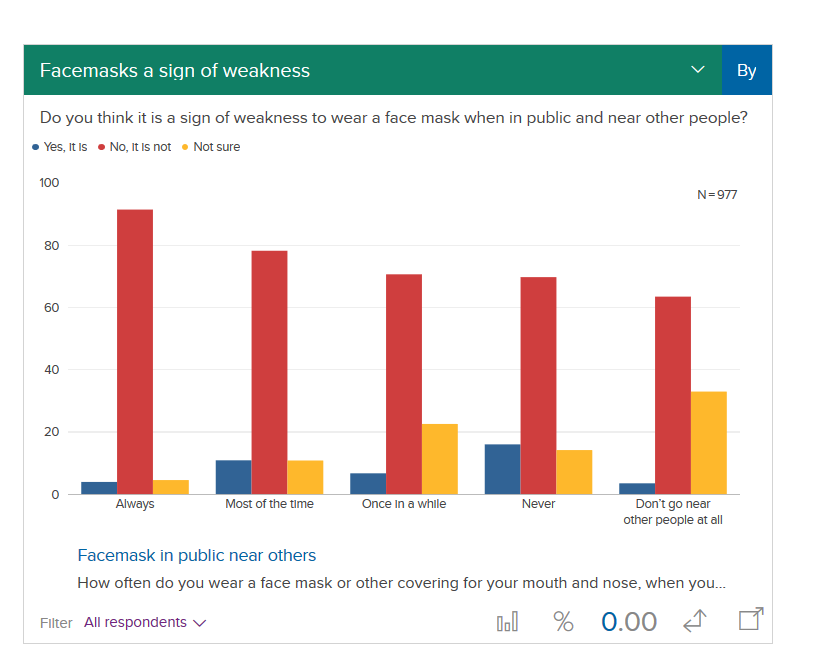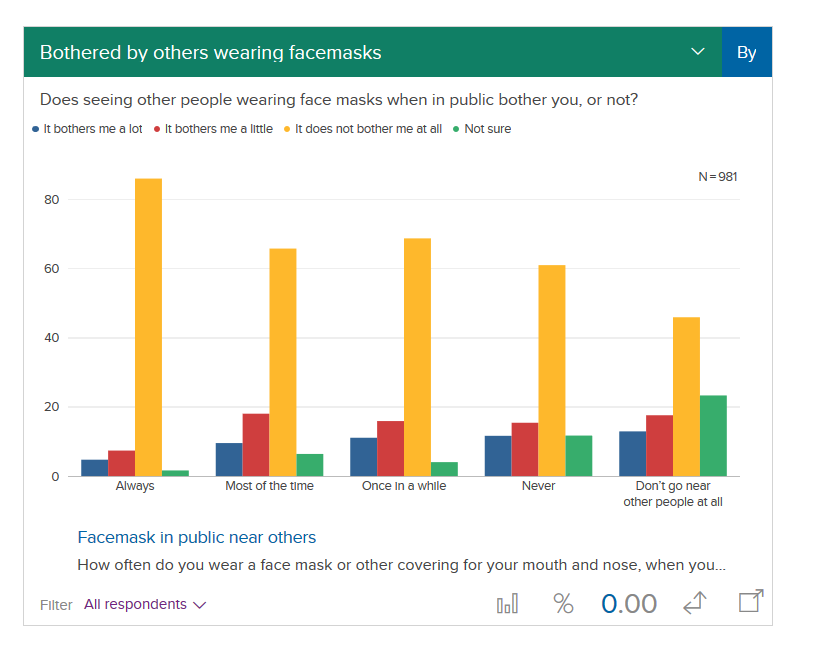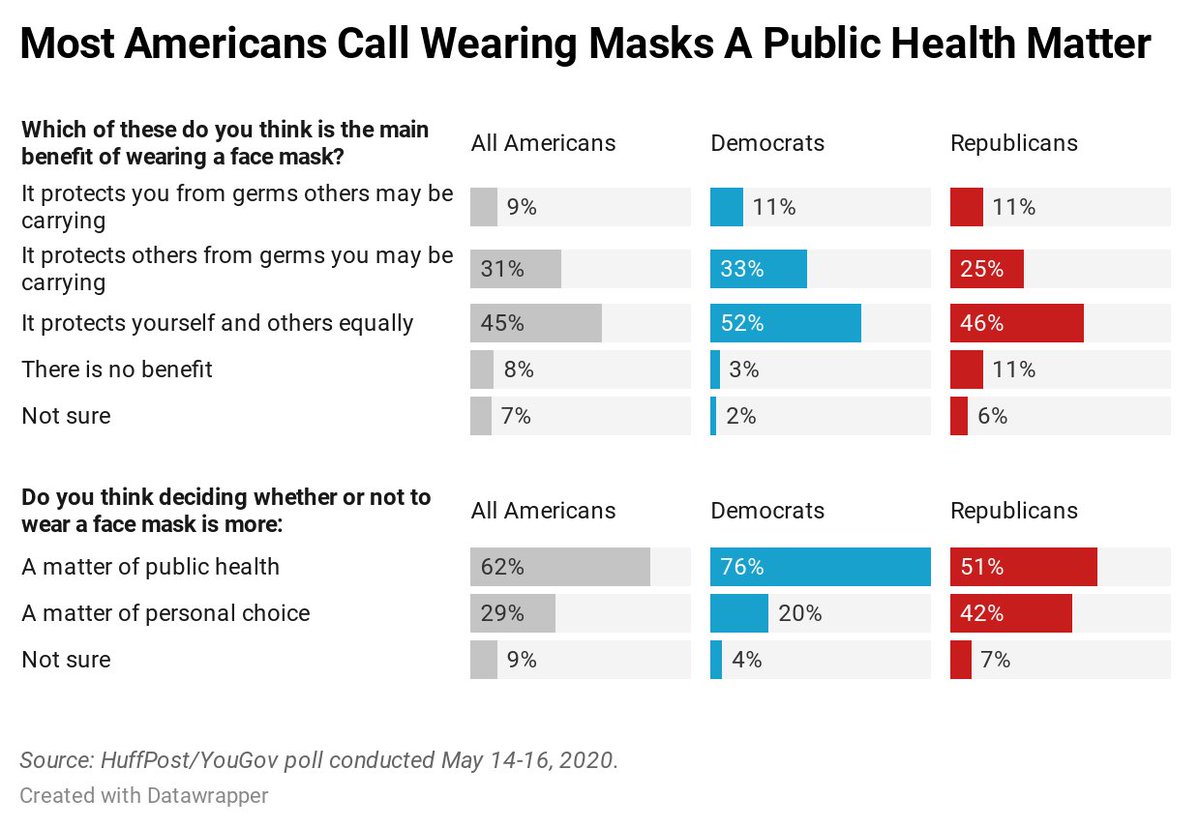
Twitter polls are not representative of what people thought of the debate and focus groups are not representative of what people thought of the debate -- I know you all know this, but I just realized I'm not going to get to say this again for ages.
no worries, I can still be a condescending scold about the SotU
While I'm at it: snap polls are a more-or-less reasonable gauge of who watched the debate, but "debate watchers" is not the same sample universe as "the electorate."
That's not just about the partisan composition of the sample, although that can come into play. It's also about how tuned in people are. Strong partisans more likely to pay attention to campaign events -- less likely to be susceptible to having their minds changed.
• • •
Missing some Tweet in this thread? You can try to
force a refresh














